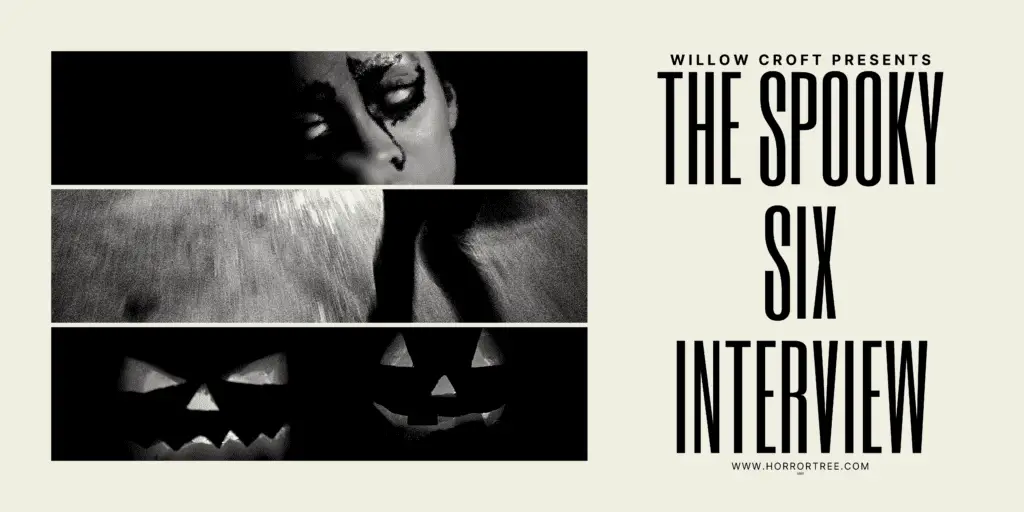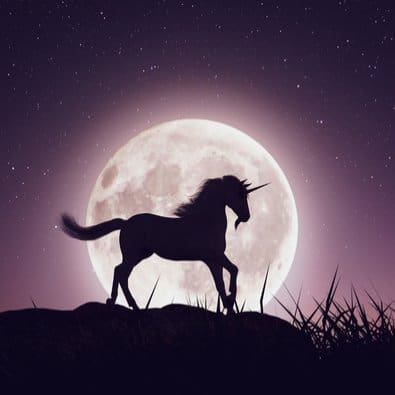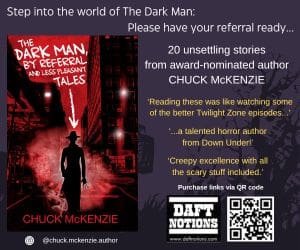The Spooky Six with Willow Croft and J.H. Moncrieff

J.H. Moncrieff is an award-winning author of seventeen dark fiction novels. Her City of Ghosts won the Kindle Book Review Award for Best Horror/Suspense. She’s also the on-air writer expert for three true crime documentary series: Cruise Ship Killers, Sunshine Slayings, and Targeted for Murder. This experience introduced her to screenwriting, and she’s written scripts for Sunshine Slayings and the HBO series Almost Unsolved. An avid traveler and ghost hunter, she’s spent time in the world’s most haunted places in order to write her GhostWriters series.
Moncrieff’s work has been described by reviewers as early Gillian Flynn with a little Ray Bradbury and Stephen King thrown in for good measure. She won Harlequin’s international search for “the next Gillian Flynn,” and her first published novella, The Bear Who Wouldn’t Leave, was featured in Samhain’s Childhood Fears collection and stayed on its horror bestsellers list for over a year. Monsters in Our Wake, a deep-sea thriller with Severed Press, hit the Amazon Horror bestsellers list, beating King’s re-released It to the top spot. Her GhostWriters supernatural suspense series has garnered rave reviews from Kirkus, Blueink, Booklist, and the Midwest Book Review.
Moncrieff began her writing career as a journalist, tracking down snipers and canoeing through crocodile-infested waters. Her articles have appeared in many publications, including Chatelaine, FLARE, Writer’s Digest, and The Globe and Mail.
When not writing, she loves exploring the world’s most haunted places, advocating for animal rights, and summoning her inner ninja in muay thai class. In her so-called spare time, she teaches writing, marketing, public speaking, and advertising classes at her local university. She still accepts select clients for developmental editing and career coaching. If you’re interested in working with her, contact her via https://www.jhmoncrieff.com/services/. To get free ebooks and take part in a chilling “choose you own adventure” story, go to http://bit.ly/MoncrieffLibrary.
Website: https://www.jhmoncrieff.com
Facebook: https://www.facebook.com/jhmoncrieff
Instagram: https://www.instagram.com/jh_moncrieff/
TikTok: https://www.tiktok.com/@jh_moncrieff
Amazon: https://www.amazon.com/stores/author/B00UB4I8Z4?ingress=0&visitId=7c1ec33f-b42c-417f-b9bd-facb57c6dd72
Goodreads: https://www.goodreads.com/author/show/13616030.J_H_Moncrieff
BookBub: https://www.bookbub.com/profile/j-h-moncrieff?list=about

Willow Croft: “Hey, look at that derelict Victorian mansion . . . let’s go explore it!” What’s the most unusual setting you’ve read about in a horror/thriller book, or included in your own creative works?
J.H. Moncrieff: The haunted island of Poveglia, off the coast of Venice, is easily the most unusual setting I’ve used for a book. It’s where I set The Girl Who Talks to Ghosts, and in order to do so, I spent some time on the island by myself! It’s one of the few times I’ve been truly terrified. Ghosts, a long and tragic history, mass graves, an abandoned asylum—this island really does “have it all.”
Willow Croft: “It was a dark and stormy night . . .” What are your go-to comfort foods, drinks, or other ways to wind down after a long day (or night) of writing?
J.H. Moncrieff: I love bubble baths, and find them incredibly relaxing and nurturing. Cheese is my comfort food of choice, and potato or cheese-flavored tortilla chips are a special treat. I also love fresh cherries, strawberries, and raspberries.
Willow Croft: “Did you hear that noise?” Everyone, even us horror/suspense writers, have our night terrors. What is it that frightens you the most?
J.H. Moncrieff: Honestly? Losing my beloved cat of fifteen years. She’s the love of my life and my best friend, and I’m terrified of losing her. Not sure how I will deal when the time comes. Beyond that, I’m occasionally claustrophobic, and have a phobia of downward escalators due to a childhood incident. When it comes to things that go bump in the night, what people are capable of is way scarier than any ghost or arachnid. If someone knocks on my door late at night, it always freaks me out, especially if they won’t go away.
Willow Croft: “I’m sure it was nothing. But I’ll just go outside and check, anyway. Alone. With no weapons.” Have you ever gotten writers’ block? If so, how do you combat it? Do you have certain rituals or practices that help get you into the writing (or creating) mindset?
J.H. Moncrieff: I honestly don’t believe in writers’ block. I think writers can have things happen—deaths, trauma, setbacks, depression—that make them not want to write, or prioritize other things. We can get stuck on a plot point and not know how to get around it for a while. We may dread facing the blank page, but the best way to get into the writing mindset is to force yourself. The more days off you have, the harder it is to get back to a manuscript (unless you’re struck with a bright new shiny idea). You may have some days where every word feels like torture, where you loathe it to the depths of your soul, but if you keep sitting there, and return the next day and the next, it will get easier. There is no magic bullet—I wish there was, but there isn’t. People forget that writing is work, and often hard work. The ones with the so-called “boring” daily writing routines are usually the ones who succeed. You have to make it a priority, but obviously not at the expense of everything else.
Willow Croft: “Don’t go into the basement!” Are you an impulsive pantser or a plotter with outlines galore? What other writing/industry advice would you share with your fellow writers & creators?
J.H. Moncrieff: I’m a pantser and don’t know any other way to be. My characters tell me the story—I don’t force them to do what I want. As someone who’s been the “ugly stepchild” on many the writing panel—the lone pantser up against a bunch of outliners who swear pantsing doesn’t work—my advice would be to find your own process. Figure out what works for you and stick with it. Ignore anyone who says it’s not possible. And don’t spend tons of money on expensive courses from people promising to make you a bestseller through Amazon ads, Facebook, etc. What worked for them won’t necessarily work for you, and what worked for them was many algorithms ago. (Also, most of them—if not all—are making the bulk of their money from those courses, not their fiction.)
Willow Croft: “Ring ring!” It’s the middle of the night and the phone mysteriously rings. Which notable writer, or person from history, would be on the other end of the line?
J.H. Moncrieff: My kneejerk response was to say Stephen King, but I’ve already received writing advice from King (“write more”), and our circumstances are dramatically different. As a white male writing horror in the 70s and 80s, he did have it easier—not easy, he worked his butt off—but certainly easier than it’s ever been for a woman to get a toehold in this genre.
So I’d love to hear from writers like Darcy Coates, Silvia Moreno-Garcia, or C.J. Tudor about what worked for them, and how they finally got their work recognized. Everyone’s path is different, but I’d find their advice inspiring and way more applicable to my situation.
Unless Igor Dyatlov wants to call me, and reveal through a translator what actually happened to him and his friends on Dyatlov Pass—I’d be more than happy to take that call too!
- About the Author
- Latest Posts
“Bringer of Nightmares and Storms.” Horror writer Willow Croft is usually lurking deep in the shadows of her writer cave, surrounded by formerly feral (but still fierce!) cats for company. Visit her here: http://willowcroft.blog, or check out her other services here: https://kirsten-lee-barger.mailchimpsites.com/.












